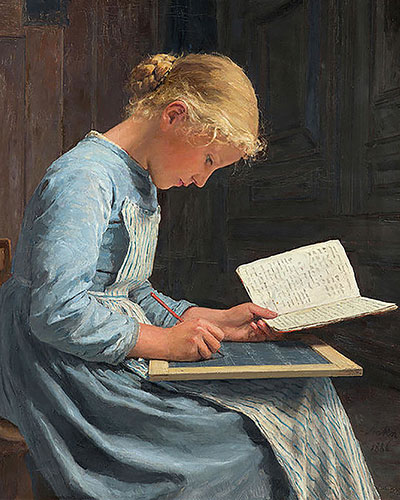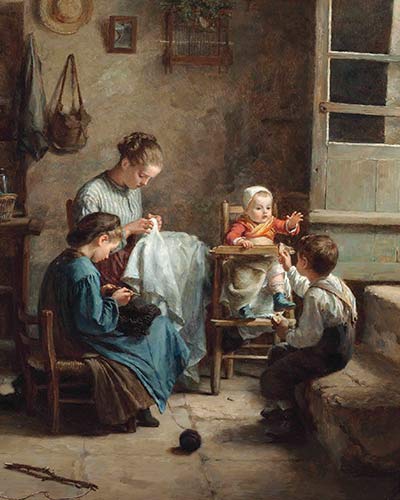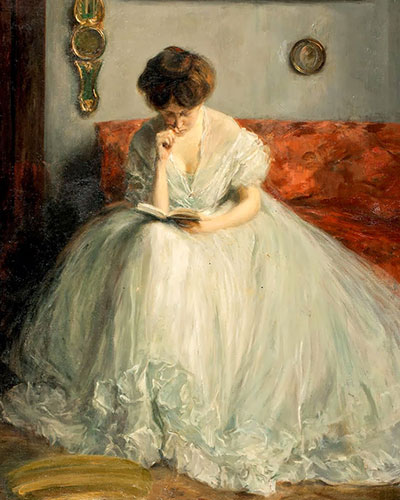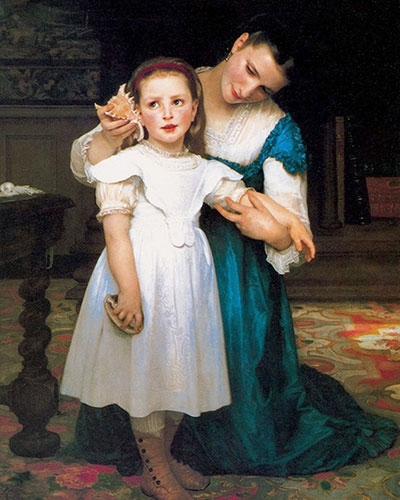Although I had always wanted to be a teacher, I left the classroom for a variety of reasons. Some of those I shared in the post Why Teachers Quit Teaching Mid-Year. But the majority of the reasons are below.
I believe it is vitally important to have honest conversations about the downsides or cons of becoming a teacher. I think some people enter the teaching profession with blinders on despite having the best of intentions regarding their future vocation.
Questions To Ask Yourself Before Becoming A Teacher
The field of education can be tremendously rewarding. But teaching is demanding, with downsides not always fully explored or understood by those considering it as a career.
If I can save even a few people from making the wrong choice, then I am happy that my own experiences and understanding benefits others.
When asked why a person becomes a teacher, among the most oft-cited reasons are loving children and wanting to make a difference in the lives of students. While these are good and noble reasons, there are aspects to teaching that many people do not consider in advance and that might not necessarily show up on personality profiles and testing.
Here are six frank questions prospective teachers should ask themselves before committing to a career in education.
Will you like being in one building all day?
Do you find it enjoyable being in one place all day? Many jobs offer a great deal of freedom in terms of being able to come and go to meetings with clients, set your own work schedule, etc. Teaching is not one of them. Teachers are in one building and one classroom all day with often very little adult interaction. How will you feel if you end up in an interior classroom and don’t see the outside all day? No sunshine?
A teaching job definitely brings with it a need to be in one place all the time.
Will you enjoy working with a variety of children?
What is your motivation for working with children? Is it a desire to have children someday and teaching will suffice until then? Or does this love of children transcend putting up with and loving poorly parented ones with many issues?
Many women love children and look forward to having their own family. They see teaching as a way to enjoy children in the meantime. This is fine when working with nice, well-behaved children.
But will you feel the same way when the children are demanding, poorly behaved children whose parents won’t do anything about it and you have to deal with them all day, every day for nine months?
Can you work well under unrealistic and relentless demands?
How effectively are you able to function in a situation where you can never meet the demands before you and yet you will be judged by whether or not you do? Teachers are expected to do everything and be everything to every one of their students. The educational demands placed on teachers today are simply not attainable.
Can you cope with the relentless expectations, knowing you can never meet them? For a perfectionist, this may be especially challenging and overwhelming.
Are you an introvert or an extrovert?
Are you an introvert or an extrovert? If you aren’t sure how to answer this, ask yourself where you draw energy to renew yourself. From being alone or from being with people? Introverts need time alone every day in order to function well. Extroverts thrive on being with people and draw energy from others. Introverts may find teaching very challenging when it means they have very little time alone to recharge.
I found this factor to be one of the biggest negatives about teaching. If you are in a school with a bit more autonomy, you can find ways to do what you need as an introvert. But there are other situations (and principals) that will be poor matches for someone strongly introverted.
Do you love both teaching and school?
Does you love both teaching and school? Many people enjoy the teaching and learning aspect of being a teacher. But the teaching profession also involves school.
School is all of the other “stuff” with which a teacher must contend each day such as:
- management issues
- student behavior modification plans
- helicopter parents
- administration
- district demands
A love of learning and subject matter isn’t enough. That is only a small portion of the job.
Are you willing to give up your personal freedom?
Are you willing to give up a great deal of personal freedom? Teachers do very little of their own scheduling. Schedules are generally dictated by school-wide specials schedules (art, music, physical education, languages) as well as the school recess and lunch schedule.
Teachers literally cannot use the bathroom unless they have an open time in their schedule when the students are elsewhere. How do you honestly feel about that? Do you want to work like that for years? Decades?
While it is true that teachers get a few longer vacations, the reality is that teachers have very little freedom when it comes to their schedule. They get their vacations when the school says they do. Teachers get personal days and sick days, but planning for a substitute teacher is almost as bad as just going to school sick so teachers often do not take days off even when necessary.
Teachers have almost no freedom in planning any kind of vacation outside of the normal school schedule. Personal time away from school is almost non-existent during the school year.
How do you feel about having your autumn, winter, and spring completely locked in every year?
Teaching can be a rewarding career for the right person. There were parts of it I truly loved. But there were negative aspects I truly didn’t comprehend until I was in the thick of it. I hope honestly examining the negative aspects of teaching will help those considering a career in the field to approach it with their wide eyes open.










 5 Tips for a Great Christmas Letter
5 Tips for a Great Christmas Letter
My passion has always been and always will be teaching. The lack of autonomy and push for standardization is what did me in. When I left several years ago, I’d say 40% of my day was actual teaching. The paperwork and nonsense was the other 60%. It breaks my heart how education has morphed.
Hi Lisa,
Teaching will always be in my blood as well. I will always be a teacher. It just looks very different now as I use my education and experience to help parents, homeschool, create educational products and advocate for change in education.
And I agree that it is heartbreaking to see what education has become.
Sallie,
The honesty in your article is never mentioned to student-teachers or beginning teachers. I appreciate you putting into words what most teachers wish they could say. I just finished my twentieth year of teaching. I am questioning if I can make it to retirement. My fourteen year old daughter told me she wants to be a teacher. I was shocked! When I asked her why (she knows the stress I am under) she answered, “I want to be the kind of teacher I wished I had each year.” My very gifted, creative daughter wants to be an agent of change.
Many thanks,
Alison